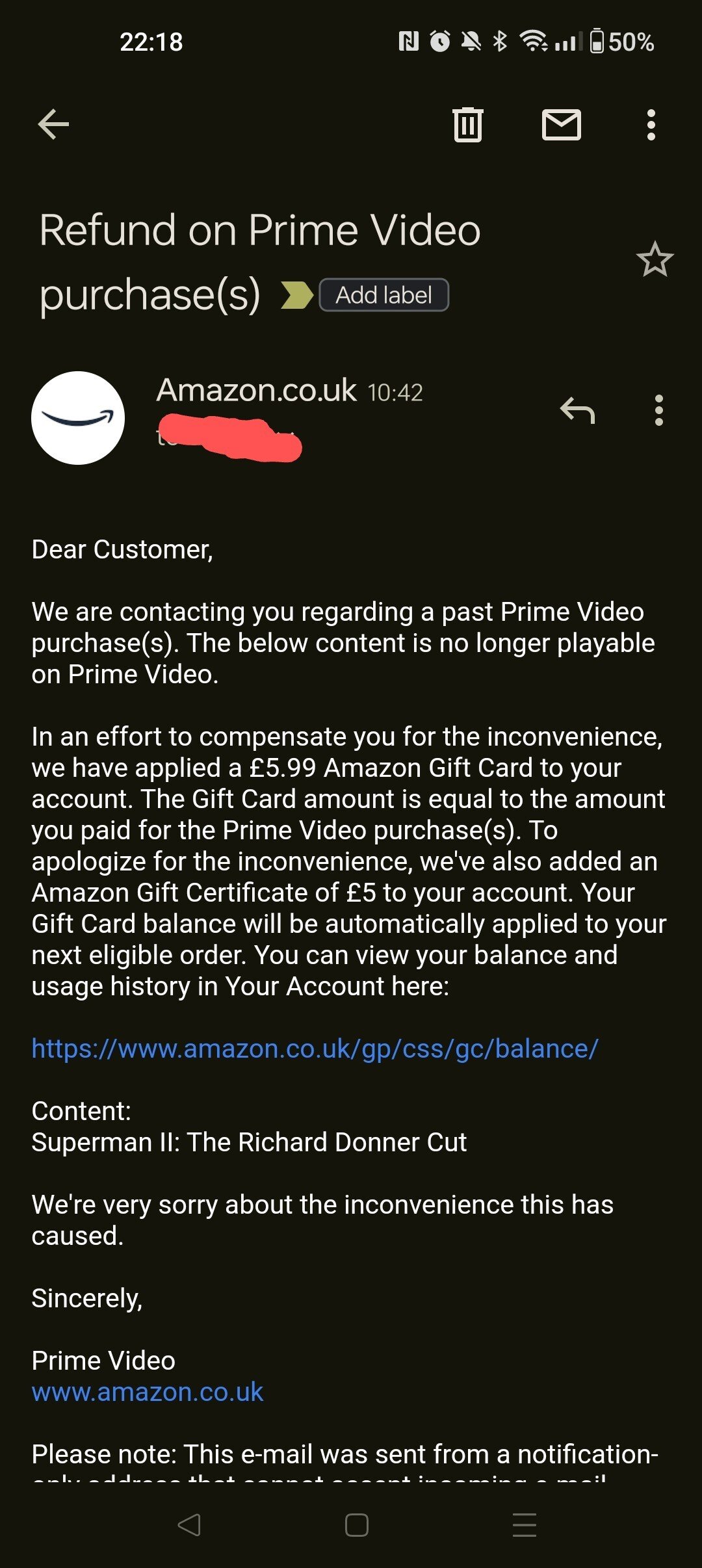this post was submitted on 03 Oct 2023
1817 points (97.7% liked)
Technology
60292 readers
3330 users here now
This is a most excellent place for technology news and articles.
Our Rules
- Follow the lemmy.world rules.
- Only tech related content.
- Be excellent to each another!
- Mod approved content bots can post up to 10 articles per day.
- Threads asking for personal tech support may be deleted.
- Politics threads may be removed.
- No memes allowed as posts, OK to post as comments.
- Only approved bots from the list below, to ask if your bot can be added please contact us.
- Check for duplicates before posting, duplicates may be removed
Approved Bots
founded 2 years ago
MODERATORS
you are viewing a single comment's thread
view the rest of the comments
view the rest of the comments

I set it up a while ago but if you search for guides I'm 100% sure you'll find them. I think jellyfin has their own guides. It gets a bit more complicated when you want to access it from outside your network. I use ddns (dynamic DNS) because my ISP doesn't give static addresses to residential customers. This allows me to have a hostname of xxxx.ddns.net. then I had to set up port forwarding on my router so that the jellyfin traffic is allowed through to my desktop that that is running jellyfin and has all my media. Internally on your LAN you'll need to have a static IP for your desktop too.